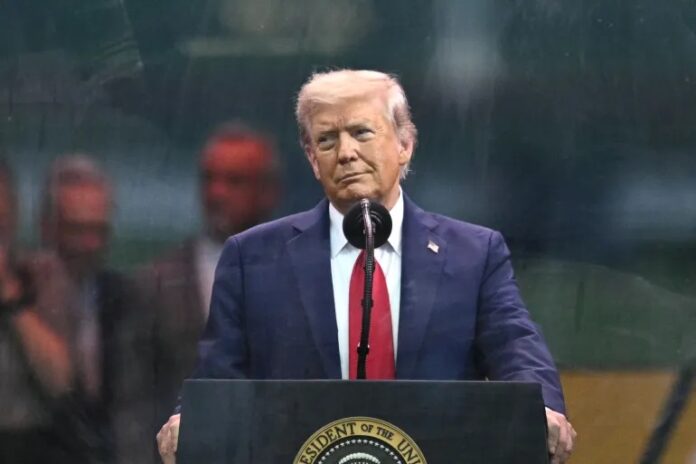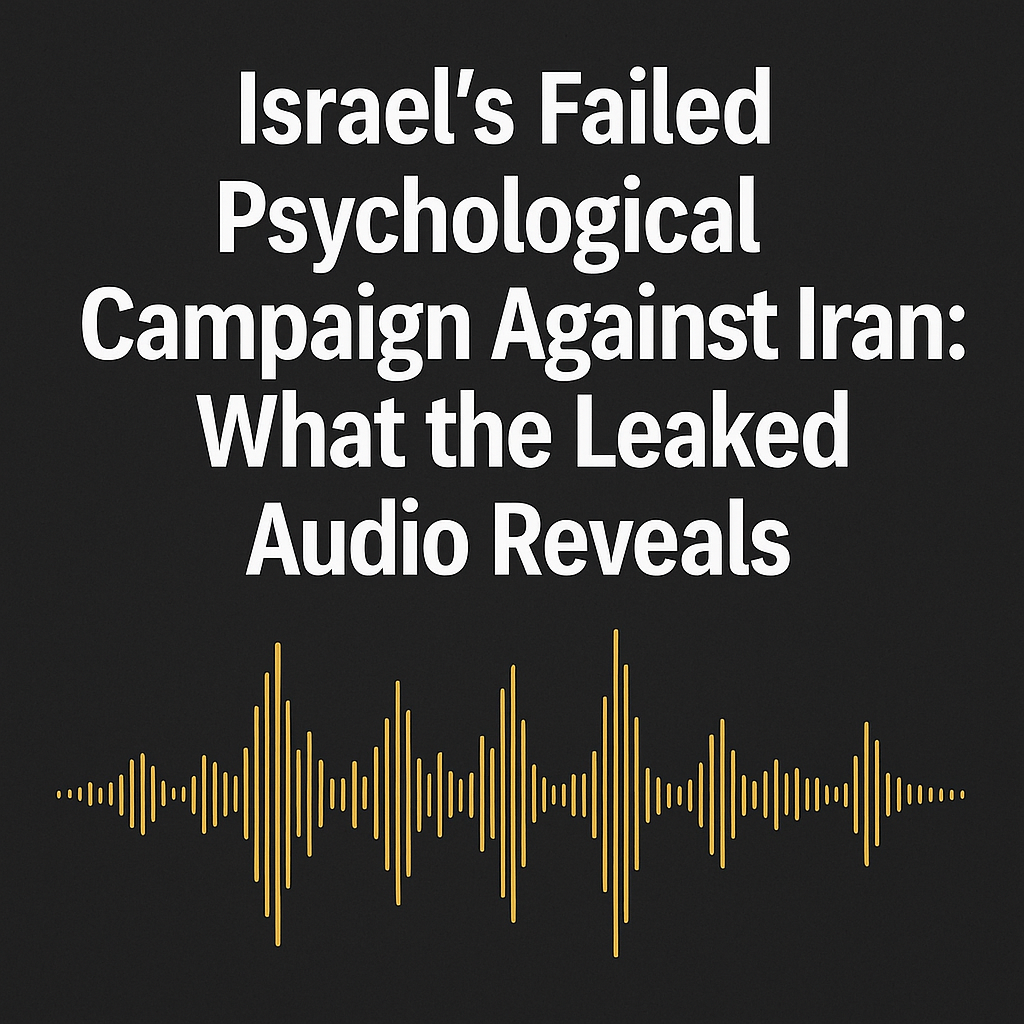Pakistan has announced plans to recommend U.S. President Donald Trump for the Nobel Peace Prize, a recognition he has expressed a desire for.
In May, Trump unexpectedly declared a ceasefire that halted a four-day escalation between India and Pakistan, both of which are nuclear-armed nations.
Since then, Trump has claimed that his intervention prevented a nuclear conflict and saved millions, lamenting that he hasn’t received the acknowledgment he believes he deserves.
While Pakistan acknowledges that U.S. diplomacy played a key role in ending the hostilities, India insists it was a result of direct communication between its military and Pakistan’s.
“President Trump showed remarkable strategic insight and exceptional diplomacy in engaging both Islamabad and New Delhi, effectively calming a tense situation,” stated the Pakistani government in a message shared on X.
“This intervention underscores his position as a sincere peacemaker and his dedication to resolving conflicts through dialogue.”
Nominations for the Nobel Peace Prize can be made by governments. As of now, there has been no official reaction from the U.S. or India.
Some analysts in Pakistan suggest this nomination might cause Trump to reconsider his stance on possibly aligning with Israel to target Iran’s nuclear sites. Pakistan has spoken out against Israel’s actions, deeming them a breach of international law and a threat to regional peace.
On social media, Trump listed various conflicts he claims to have resolved, highlighting the India-Pakistan situation and the Abraham Accords during his first term, which established relations between Israel and several Muslim-majority nations. He stated, “I won’t get a Nobel Peace Prize no matter what I do.”
Trump has consistently expressed his readiness to mediate discussions between India and Pakistan regarding the contentious Kashmir region, an issue at the core of their rivalry. Islamabad, which has persistently called for global awareness of the Kashmir dispute, is pleased with this development.
The recent developments in South Asia have profoundly shifted U.S. policy, previously aligning with India as a counterbalance to China. This change has raised questions about the once-strong ties between Trump and Indian Prime Minister Narendra Modi.
In a notable gesture, Pakistan chose to nominate Trump for a peace prize during the same week that its army chief, Field Marshal Asim Munir, dined with the U.S. president—a historic first for a Pakistani military leader during a civilian government in Islamabad.
Although a planned meeting between Trump and Modi at the G7 summit in Canada did not transpire due to Trump’s early departure, they did connect by phone afterwards. During their conversation, Modi affirmed India’s position of rejecting any mediation in its ongoing disputes with Pakistan, as reported by the Indian government.
Mushahid Hussain, a former head of the Senate Defence Committee in Pakistan, defended Trump’s nomination for the peace prize, commenting, “Trump is good for Pakistan. If this feeds his ego, so be it. European leaders have been flattering him endlessly.”
However, not everyone in Pakistan is in favor of this nomination. Trump’s backing of Israel during its conflict in Gaza has stirred significant controversy. Prominent television host Talat Hussain remarked sharply, “Israel’s sugar daddy in Gaza and cheerleader of its assaults on Iran isn’t a suitable candidate for any prize. What happens when he starts cozying up to Modi again in a few months?”










